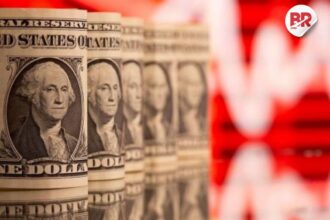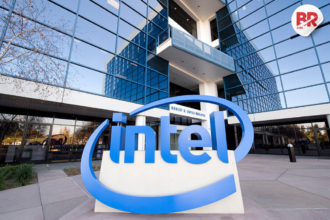
Ray Dalio, the founder of Bridgewater Associates, has warned that the U.S. is heading toward a serious debt crisis. Speaking at the CONVERGE LIVE event in Singapore, he explained that the U.S. is borrowing too much money and may soon struggle to find buyers for its debt.
Also Read: Recent Student Loan Policy Changes Spark Confusion and Frustration Among Borrowers

Why This is a Problem?
Dalio highlighted that the U.S. debt-to-GDP ratio (the amount of debt compared to the country’s total economic output) has reached 122%, meaning the country owes more than it produces. If this trend continues, the debt ratio could rise to 166% by 2054, according to the Congressional Budget Office (CBO).
One major issue is that countries like China and Japan, which used to buy a lot of U.S. debt, are now reducing their purchases. This could make it harder for the U.S. to sell its debt in the future.
What Might Happen Next?
Dalio warned that if the U.S. can’t sell its debt easily, it may have to offer higher interest rates to attract buyers. This could lead to economic problems, such as increased borrowing costs and financial instability.
To avoid a crisis, Dalio suggested reducing the federal budget deficit (the gap between government spending and revenue) from 7.2% of GDP to around 3%. He also hinted that the government might need to restructure its debt or push foreign governments to buy more U.S. debt.
Read More: Debt Diplomacy? The Hidden Cost of China’s Grip on the Maldives
Other Experts Agree
Finance professor Joao Gomes from Wharton Business School supports Dalio’s concerns. He warned that if fewer people want to buy U.S. debt, interest rates will rise, making borrowing more expensive and possibly harming the economy.
Why This Matters
Dalio has been warning about U.S. debt for years, but his concerns are becoming more urgent. Earlier this year, he compared the country’s $36 trillion debt to an “economic heart attack,” saying it could block financial growth like clogged arteries in a heart.
Without immediate action, Dalio believes the U.S. could face major financial troubles. Policymakers will need to act quickly to stabilize the economy and control debt growth before a crisis unfolds.












